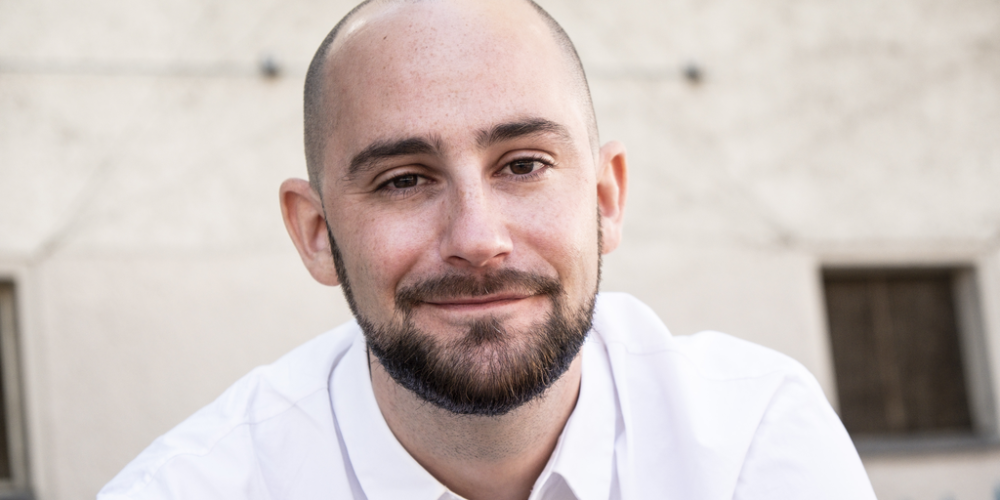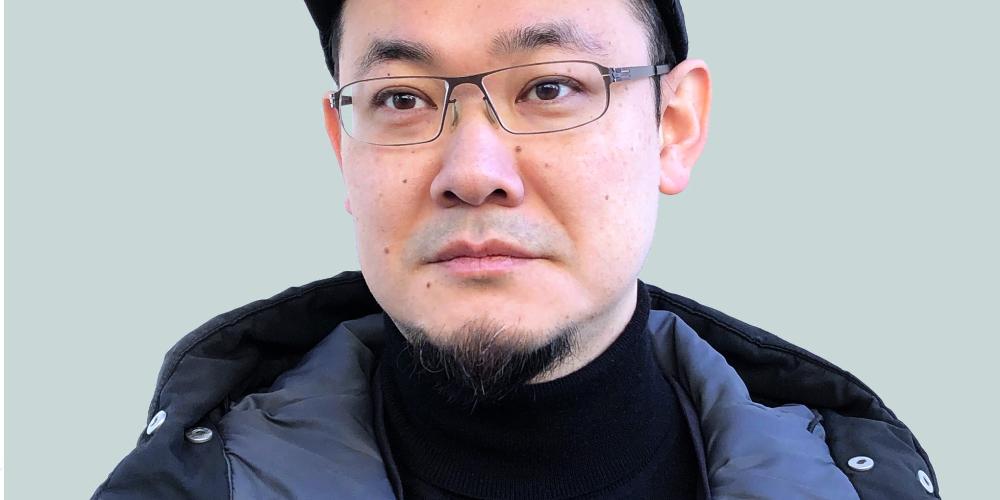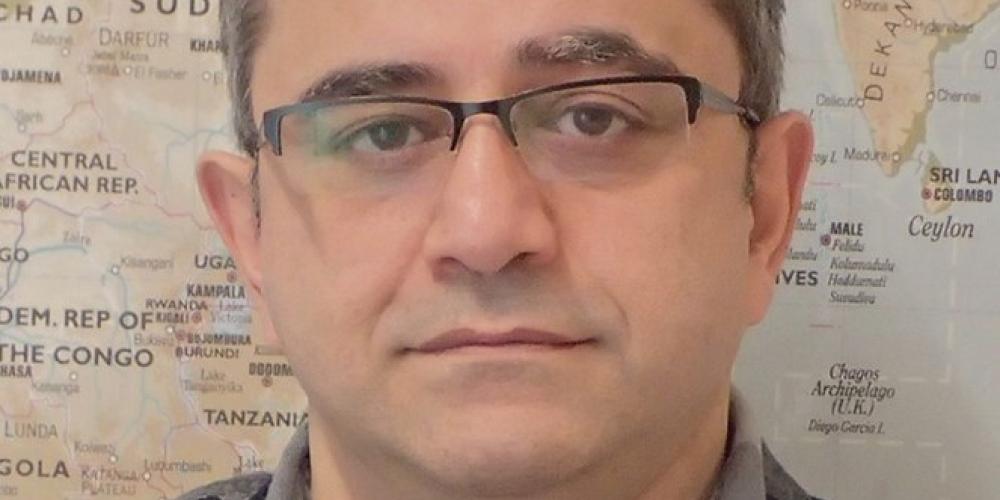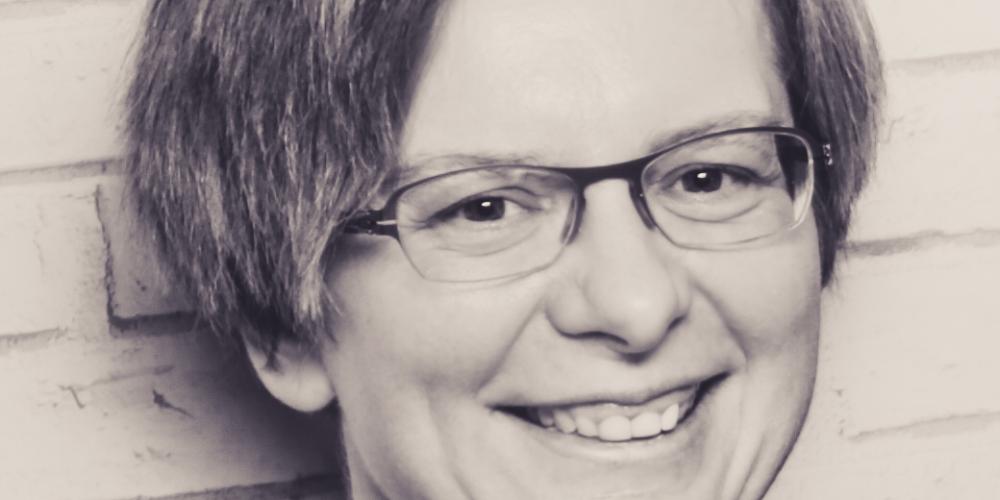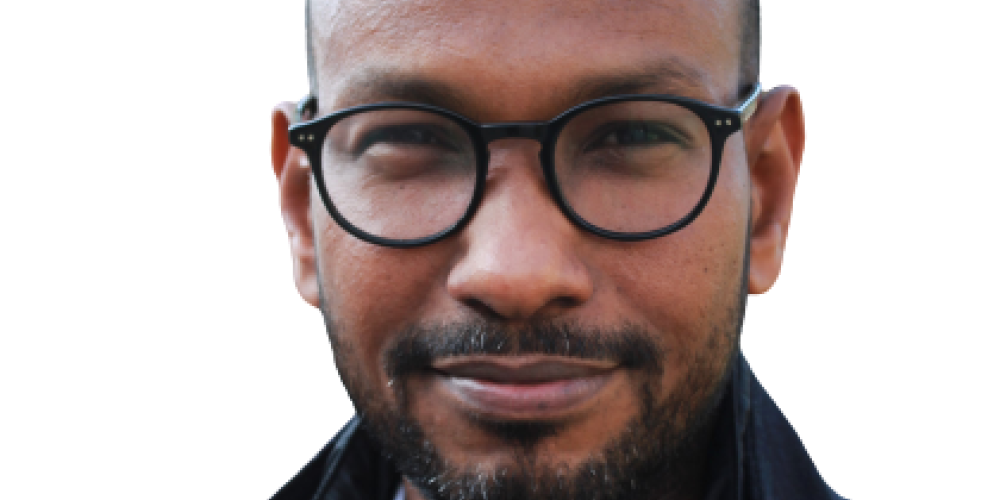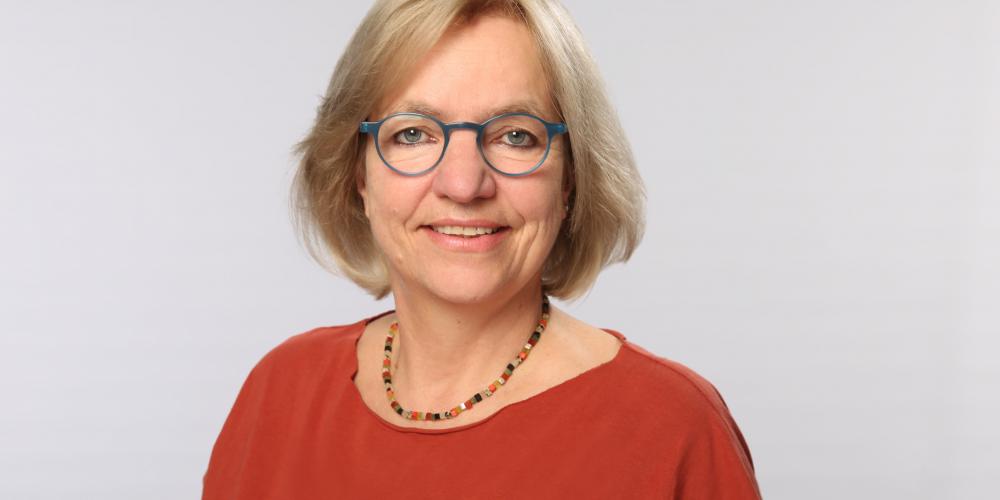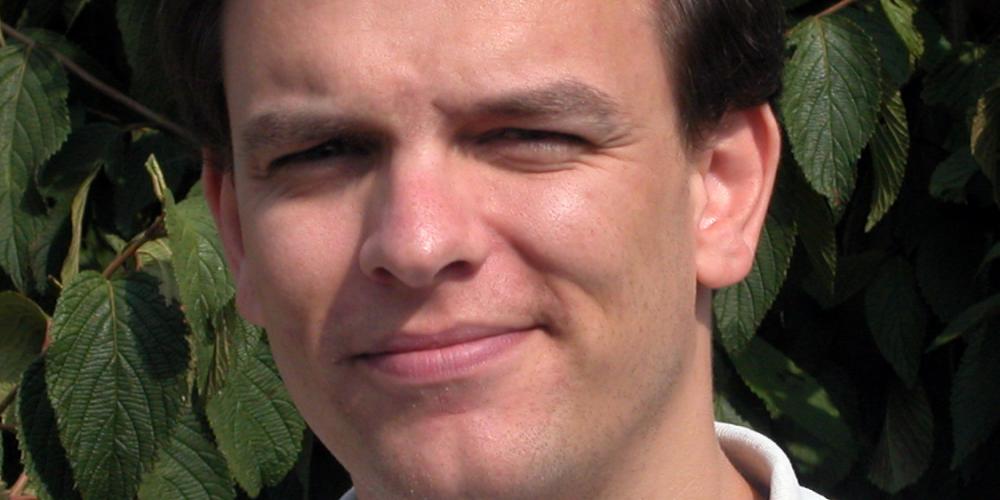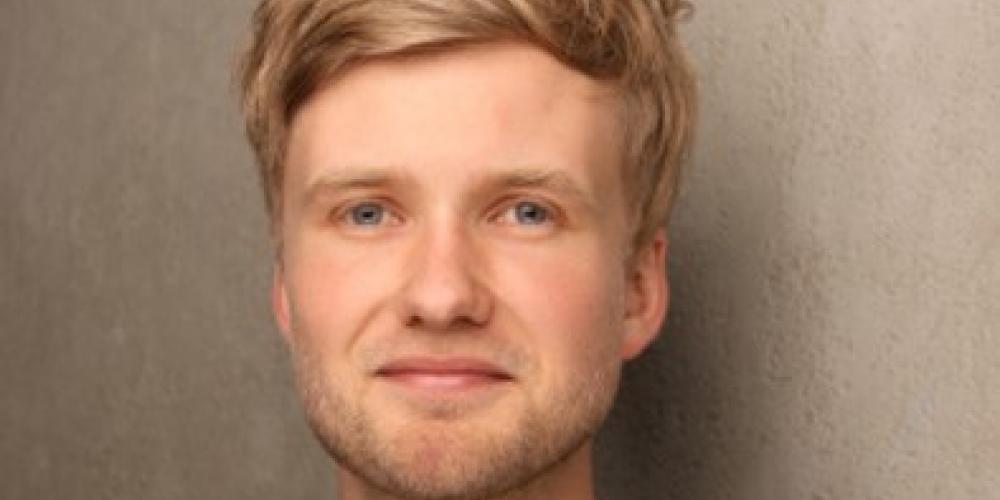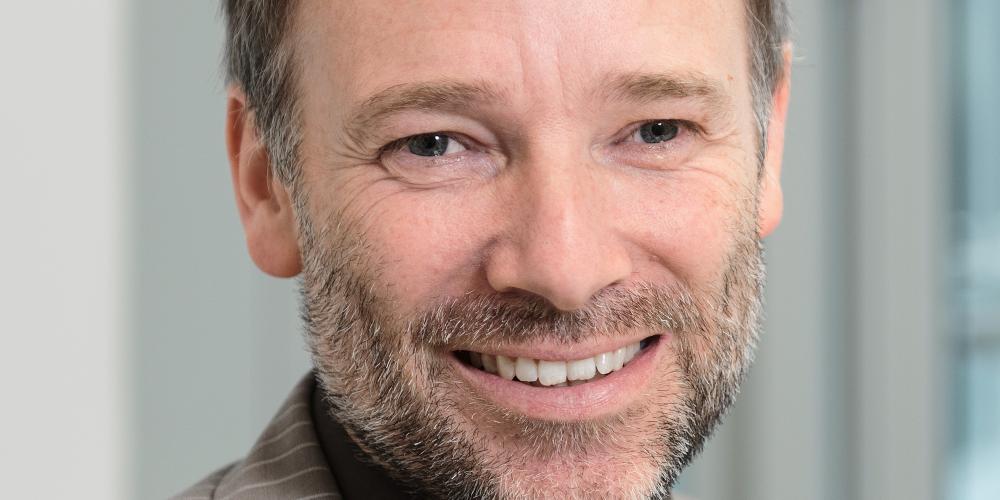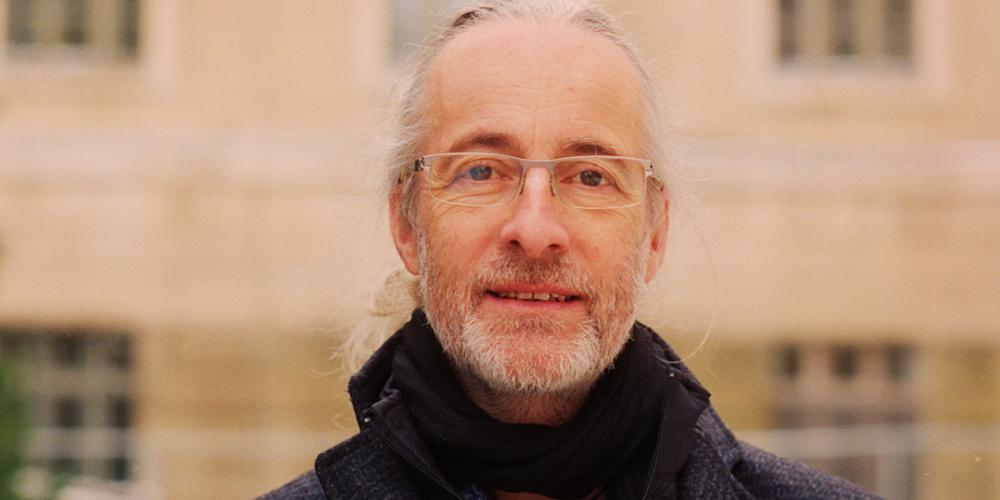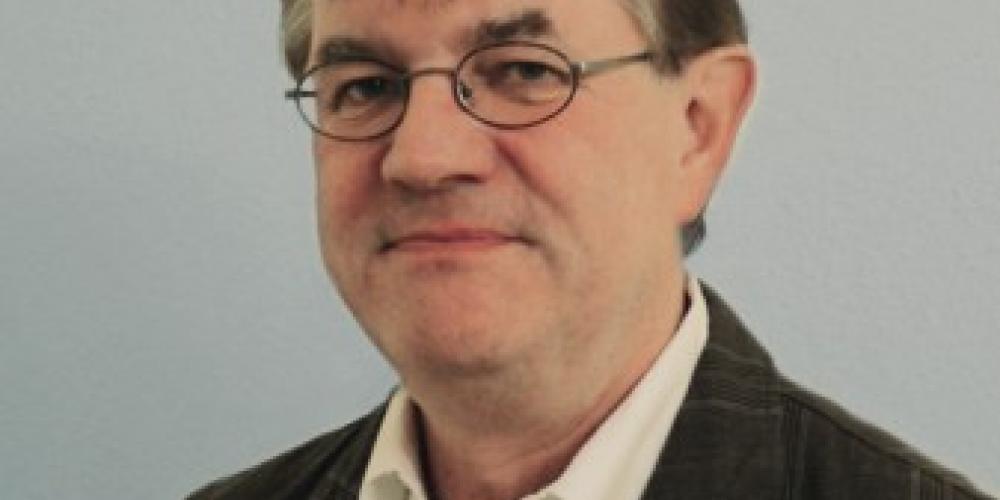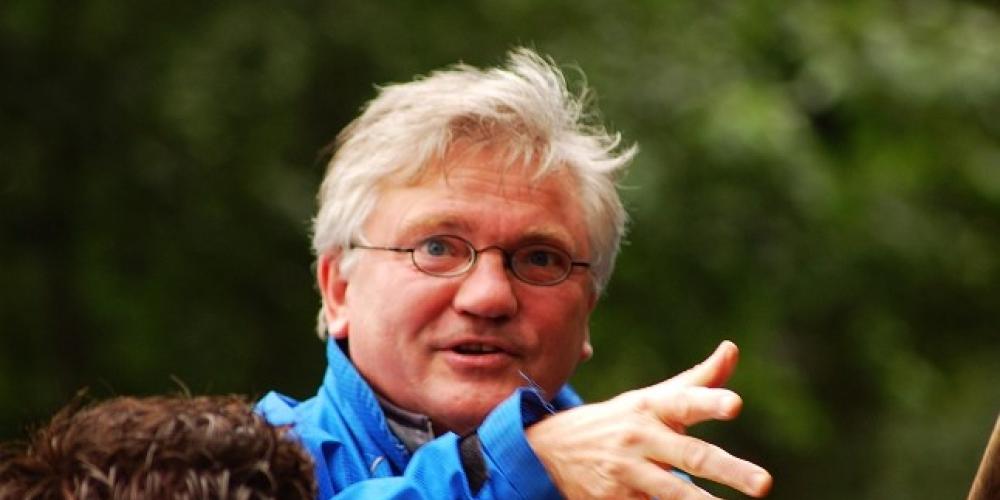Climate / Climate Change
Prof. Staab's research combines topics of labor, social structure analysis, sociology of technology and political economy in a contemporary analytical perspective. Currently, Prof. Staab is particularly involved with questions of the political shaping of digital capitalism, the connection between digitalization and sustainability, as well as the role of critical infrastructures for the future viability of modern societies. The professor pursues a theory-oriented, present-diagnostic sociology in the context of social change, conflict, and inequality, which always seeks dialogue with the public.
- consulting,
- drafting of studies and
- policy papers as well as presentations
on important current topics in the areas of society, politics and economics, in particular digitalization and sustainability as well as work. The focus is on future developments of society as well as political and economic options for action.
- Organizing and conducting several conferences with a large political foundation
- Writing a policy study for a large labor union
- Advising members of parliament, ministries as well as the European Commission
Prof. Miyazaki, is a critical humanities scholar working on the theory, critique, and history of digital media, digitization, and computation as productive practice. He uses numerous social-critical, philosophical and technology-related theories of the last century (historical materialism, critical theory, poststructuralism, science and technology studies, media theory, media archaeology, postcolonialism, design studies). Currently, Prof. Miyazaki is working on the theory and history of alternative, non-profit, sustainable production practices that could be realized through other types of digitization. The focus is not only on social change, but also on technical-media change, which has no future without critical knowledge of technology.
Consulting through studies, lectures and talks on current topics in the field of information technologies, algorithms, society, culture and politics with a focus on digitalization, sustainability and criticism. The focus is on the deployment of alternative lifestyles and forms of life in the future, as well as socio-political opportunities to take action.
- Establishment of the Critical Media Lab at the Institute Experimental Design and Media Cultures at the School of Art and Design FHNW (Claudia Mareis).
- Associated Investigator in the Cluster of Excellence "Matters of Activity".
- Publication: "Counter-Dancing Digitality. On Commoning and Computation".
State of Berllin
Berlin Senate Administration
Public authorities and associations
PD Dr. Mohsen Makki and his research group Soil Geography and Geomorphology have been dealing with soil-forming processes and properties of soils in urban areas for about two decades.
The scope of work includes all types of anthropogenically influenced sites (e.g. military sites, airports) that have been transformed by humans in the course of urban development, and natural soils. A main focus has been and will be the integration of the results of the soil investigations into soil protection concepts and landscape design measures with regard to climate change and other urban and landscape planning development concepts.
The working group continues to participate in geoarchaeological projects and supports non-university partners in the development of systems as well as substrates for vertical farming and green roofs. Regional focal points of research are the metropolitan region Berlin/Brandenburg, Italy, West and Central Asia.
- Soil-sedimentological and geomorphological expertise
- Soil-scientific site evaluation of urban and rural soils according to BBodSchG and BBodSchV
- Geoarchaeological site evaluation
- Creation of soil experience paths
- Creation of soil substrates for vertical farming and indoor farming
- Grain size analysis by means of Beckman-COULTER and Köhn apparatus
- Standard soil analyses (humus content, pH-value, lime content, electrical conductivity)
- Temperature-dependent determination of carbon content by loss on ignition
- Measurement of nutrient and heavy metal contents in soils and sediments according to DIN and VDLUFA, measurement by ICP-OES
- Soil science investigations in the Berlin/Brandenburg metropolitan region (Tempelhof Airport, Tegel Airport, Parks Range, Teufelsberg, etc.)
- Development of a pedological mapping guide for the state of Berlin
- Preparation of pedological reports for the Berlin Senate Administration
- Site analyses for public authorities and associations
Prof. Kaufmann's research and that of her research group is concerned with the molecular mechanisms of gene regulation in plants. Plant developmental processes require coordinated changes in the activity of a large number of genes in the nucleus. These are controlled by specific transcription factors interacting with epigenetic regulators. We are investigating the molecular modes of action and gene regulatory networks of these regulatory proteins.
In addition, Kaufmann and her team are interested in environment-independent variation, and evolutionary changes in these networks. In addition, there is interest in the molecular mechanisms that control the activities of genes during development, using a combination of epigenomics, proteomics, and classical genetics. Their model system is flower development. By combining experimental and computational analyses, the team aims to understand multicellular development at the systems level.
- molecular biological, biochemical and genetic approaches e.g. ChIP-seq, SELEX-seq, protein complex isolation, gene expression studies and classical genetics
PD Dr. Siddig is interested in studying the trade-offs and synergies between the production and use of water, energy, and food in developing countries as influenced by climate, population, and policy, including distributional, economic, and regional impacts.
Geographically, his research focuses on Africa and the Middle East. Methodologically, he relies largely on economy-wide simulation models, with CGE models leading the way (including ind GAMS and Gempack). In addition, Dr. Siddig works on capacity development in the area of database development and on policy simulation modeling in a development context.
-
Computable General Equilibrium (CGE) modeling and macroeconomic analysis in GAMS and Gempack
-
Social Accounting Matrix
-
Policy modeling
-
Development of training materials and training of groups and individuals
-
Mastery and experience in developing and training developers of social accounting matrices (SAMs) and GTAP-ready input-output tables (IOTs)
- Entwicklung und/oder Schulung von Entwicklern von SAMs und/oder IOTs für Sudan, Ägypten, Israel, Palästina, Benin, Kenia, Chile, Armenien und Nigeria
In the course of her research at the Humboldt University, Dr. Neubert deals with land use, the different models, possibilities, challenges and questions that go along with it. She and her team can be described as Land Use Specialists.
Dr. Neubert leads research projects and teaches in the areas of: Rural and agricultural development, water resources management, climate change adaptation. Development and implementation of the participatory impact assessment method: MAPP.
- Trainings and consultations on topics such as: "International Cooperation for Sustainable Development".
H. Lorberg Baumschulerzeugnisse GmbH & Co. KG, Bein GmbH, Bayer Crop Science, XEROFLOR
Prof. Ulrichs is an expert in the field of ecophysiology of plants with a special focus on plants in urban spaces. His team studies processes, which determine plant growth, e.g. stress exposure in an urban environment. The emphasis of his research lies on the analysis of the secondary metabolite balance (incl. its nutritional function), substance allocation, competition and plant-insect interaction. Prof. Ulrichs other major field of expertise is the quality assurance in food supply chains of horticultural products, especially for perishable foodstuffs like fruits and vegetables in temperate zones as well as in tropical/subtropical regions.
- molecular methods
- in-vitro propagation
- HPLC
- GC/MS
- electroantennogram studies
- trace gas analysis using photoacoustic spectroscopy
- German specialty chemicals group: development of nanostructured plant protection agents
- H. Lorberg Baumschulerzeugnisse GmbH & Co. KG (tree nursery): selection of climate-tolerant boulevard trees (Alleebaum)
- Bein GmbH: development of electrostatic application processes of nanostructured elements
- Bayer Crop Science: biosensors to prove the existence of plant viruses
- XEROFLOR: development of vegetation carriers to prevent soil erosion in the Alps
As part of their scientific activity Dr Markus Krutzik and the team members of the.quantum.chapter have acquired an extensive amount of expertise in developing tailored quantum sensors - from key technology to subsystem and system level. Quantum optical sensors and optical clocks are used in high-precision inertial navigation, gravimetry and gradiometry or for the synchronisation of networks. Hence, they are central for navigating GPS-free environments, for geophysics, the exploration of natural resources, the monitoring of climate change, and for addressing fundamental questions of modern physics. Central to their research are compact and robust setups for optical spectrocopy, absolute frequency references, and ultra-cold atom based inertial sensors. For this purpose, the team developed lasers and optical systems for generation and manipulation of light, as well as control software and data management platforms. Their setups are not only operated in laboratory research: They are also used as in field or even in space. In addition to development, testing and operation of atomic quantum sensors, Dr Krutzik and the team gained expert knowledge in all stages of mission and system design, ranging from mission architecture and identification of requirements to system integration and qualification, as well as development of control concepts and data analysis. In addition to Humboldt-Universität zu Berlin Dr Krutzik is also associated with Ferdinand-Braun-Institut, Leibniz-Institut für Höchstfrequenztechnik.
- Methods for the design, development and testing of compact, robust and tailored quantum sensors - from component to system level
- Identification of critical technologies and construction of prototypes
- Workshops and seminars
Dr. Krutzik is also part of "The Quantum Chapter" team, which provides workshops, training, prototyping, and consulting around the topic of quantum technology.
alta4
Geoinformatics AG
NGOs, authorities and global tech- and logistics companies
Prof. Hostert’s explores cutting-edge satellite data analysis. His main focus lies on questions regarding the global change, particularly large-scale mapping in agrarian- and forestry systems and near-nature ecological systems worldwide. He analyses the change of the earth’s surface through different methods, for example with machine learning, big data, time series analyses, hyperspectral and multisensor approaches, as well as multiscale analyses. Regional expertise of the team covers Germany, the mediterranean areas and South America, as well as Central Asia.
- satellite data analysis
- AI in remote sensing
- large-scale remote sensing analysis with big data approaches (particularly Sentinel-2, Landsat), funded through projects of the BMWi, BMBF, BMEL, as well as the EU
- scientific monitoring of satellite missions (Landsat Science Team, EnMAP ScientificAdvisory Group)
- satellite based mapping and land use analysis for NGOs, authorities and global tech- and logistics companies
German Association of Skiing Clubs, City of Aachen
The team of Christoph Schneider works on the impacts of climate and climate change in the field of urban climates and in the field of cryospheric sciences (anything related to snow and ice). His expertise comprises the downscaling of meteorological respectively climatological data for applications in high spatial resolution, for example for urban planning and construction schemes and also for the analysis of potential impacts of climate change on the level of city quarters and cities. Furthermore, such numerical and empirical-statistical procedures are applied to the projection of future water resources in glaciated catchments in high alpine environments worldwide. This also leads to applications regarding the future state of snow covers in mountain ranges which is especially important for questions of future prospects of snow sport tourism. In both fields of applications, the urban climatology and the cryospheric research, measurement strategies and data acquisition of relevant atmospheric variables for the projects are used besides theoretical modelling approaches and downscaling as outlined above.
- automatic weather stations
- turbulence stations
- devices for particulate matter and ultrafine particles
- mobile sensoring techniques for meteorological parameters
- measurement van as platform of mentioned instrumentation
- Study of the potential and feasibility for large solar power plants on the Iberian Peninsula and in Northern Africa for a large German solar power panel manufacturer (2005)
- Study of the projections of impacts of climate change on snow sport in German low moutain ranges for the German Association of Skiing Clubs and the German Federal Secretary of Research and Education (2008)
- Urban climate analysis for construction schemes for the City of Aachen (2006-2012)
- Climate change adaptation plans for cities in North Rhine-Westphalia (2014, 2015)
G.F. Schreinzer Positronik, Steinbeis GmbH & Co. KG, Steinbeis GmbH & Co. KG, Pronova Analysentechnik GmbH & Co. KG, newtec Umwelttechnik GmbH
Biosystems engineering works at the interface between engineering and biological production processes. Prof. Schmidt and his team develop engineering solutions for a sustainable agricultural production of crops and other environmental friendly technologies. Prof. Schmidt’s research thus leads to innovative plant farming methods in greenhouses, outdoors and other intensive crop farming systems. Alternative energy supply systems (low energy greenhouses) and closed material cycles for intensive crop farming (water hygiene, sensor systems and algorithms for fully automated nutrient solution supply in closed cycles) are Prof. Schmidt’s research area. His main activity herein is the development of sensors for gas analyses, climate measurement technology and that of software supporting decision making in automation systems. Moreover, the team also provides energetic assessments in complete production systems and parts thereof as well as process analyses.
- Experimental greenhouses with energy and material flow analytics, CO2 enrichment, artificial lights and fog systems
- Plant monitors for continuous measurement of photosynthesis, transpiration, tissue temperature, stomatal conductance, climate measurement, gas analyses (Co2, ethylene), soil moisture sensors
- Freely programmable automation system for climate and process control in greenhouses
- G.F. Schreinzer Positronik, Steinbeis GmbH & Co. KG: Development of an automation system for greenhouses based on measurement details of plants (Phytocontrol)
- Steinbeis GmbH & Co. KG: National collaborative research project „The Low Energy Greenhouse“ („Zukunftsinitiative Niederigenergiegewächshaus“, ZINEG)
- Pronova Analysentechnik GmbH & Co. KG: Development of ionselective sensors for continuous recording of ion proportion in circulating nutrient solution systems; Development of measuring device to analyse phytometric reactions in plants
- newtec Umwelttechnik GmbH: Development of re-circulating irrigation system with reduced phytosanitary risk in greenhouses
Prof. Haerdle’s main research interests are quantitative finance, esp. multivariate methods in banking and finance, dimension reduction techniques, and computational statistics. In his roles both as coordinator of the Collaborative Research Center “Economic Risk” (CRC 649) and director of the interdisciplinary Center for Applied Statistics and Economics (C.A.S.E.) he primarily investigates economic risks on a global scale. Prof. Haerdle’s research aims at facilitating the evaluation of such risks and to reduce uncertainty to improve economic actors’ decision-making.
Prof. Haerdle is Distinguished Visiting Professor Wang Yanan Institute for Studies in Economics (WISE) at Xiamen University, China, as well as director of the International Research Training Group “High Dimensional Non Stationary Time Series” (ITRG 1792). Among other distinctions he received the “Econometric Theory Multa Scripsit Award” in 2012.
- multivariate statistical analysis (factor analysis, cluster Analysis, etc.)
- portfolio optimisation
- risk management
- hedging
- pricing derivatives
- functional data analysis
- non- and semi-parametric methods
- data visualisation
- Ongoing cooperation with and lecturing for leading international financial institutions
- Center for Applied Statistics and Economics (C.A.S.E.): interdisciplinary research centre with the goal to analyze and solve current complex economic problems and those arising in related fields with the help of quantitative methods and computing. Its research subjects range from weather risk, aging societies, crime to property markets
- Collaborative Research Center “Economic Risk” (CRC 649): center of transdisciplinary research where insights from economics, mathematics and statistics converge to analyze economic risks and risk factors. The CRC offers an international platform for discussion of the latest research results and collaborations
